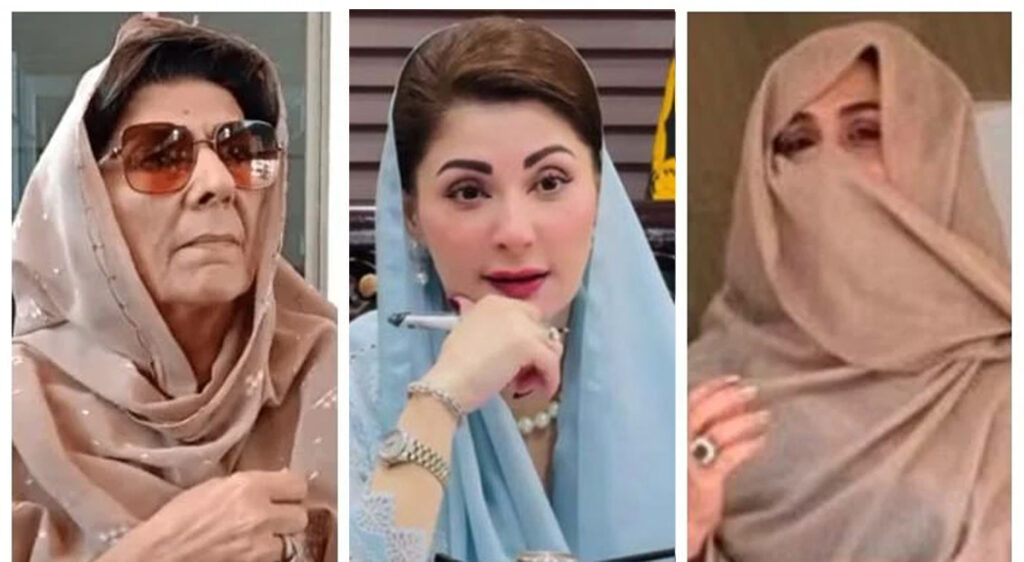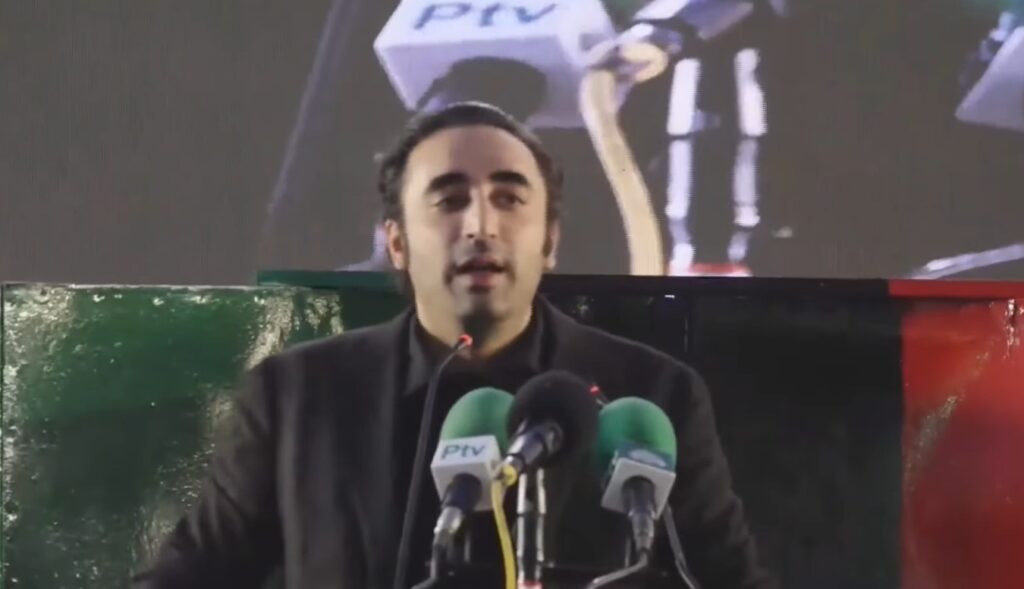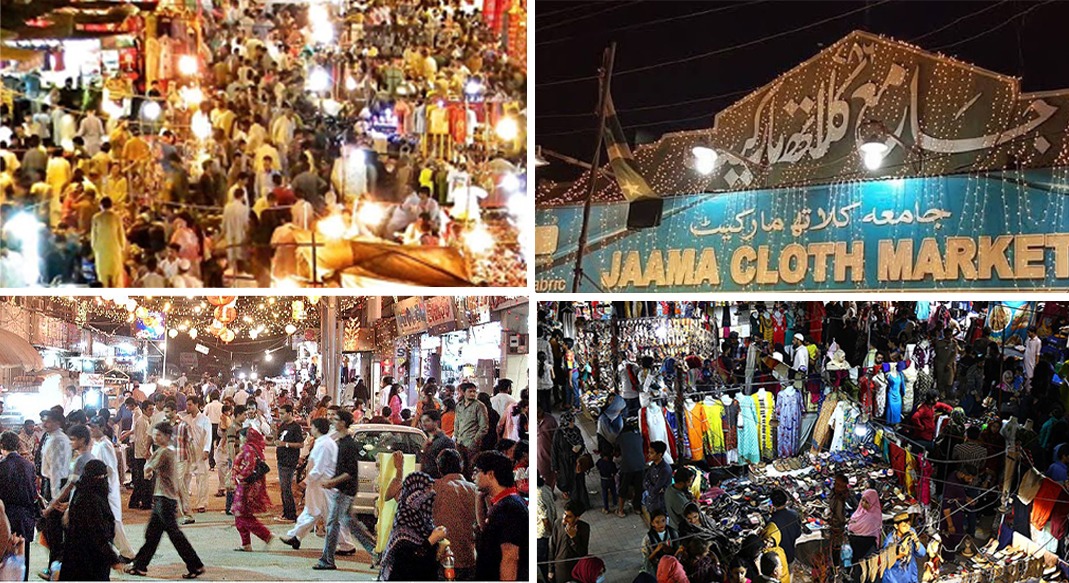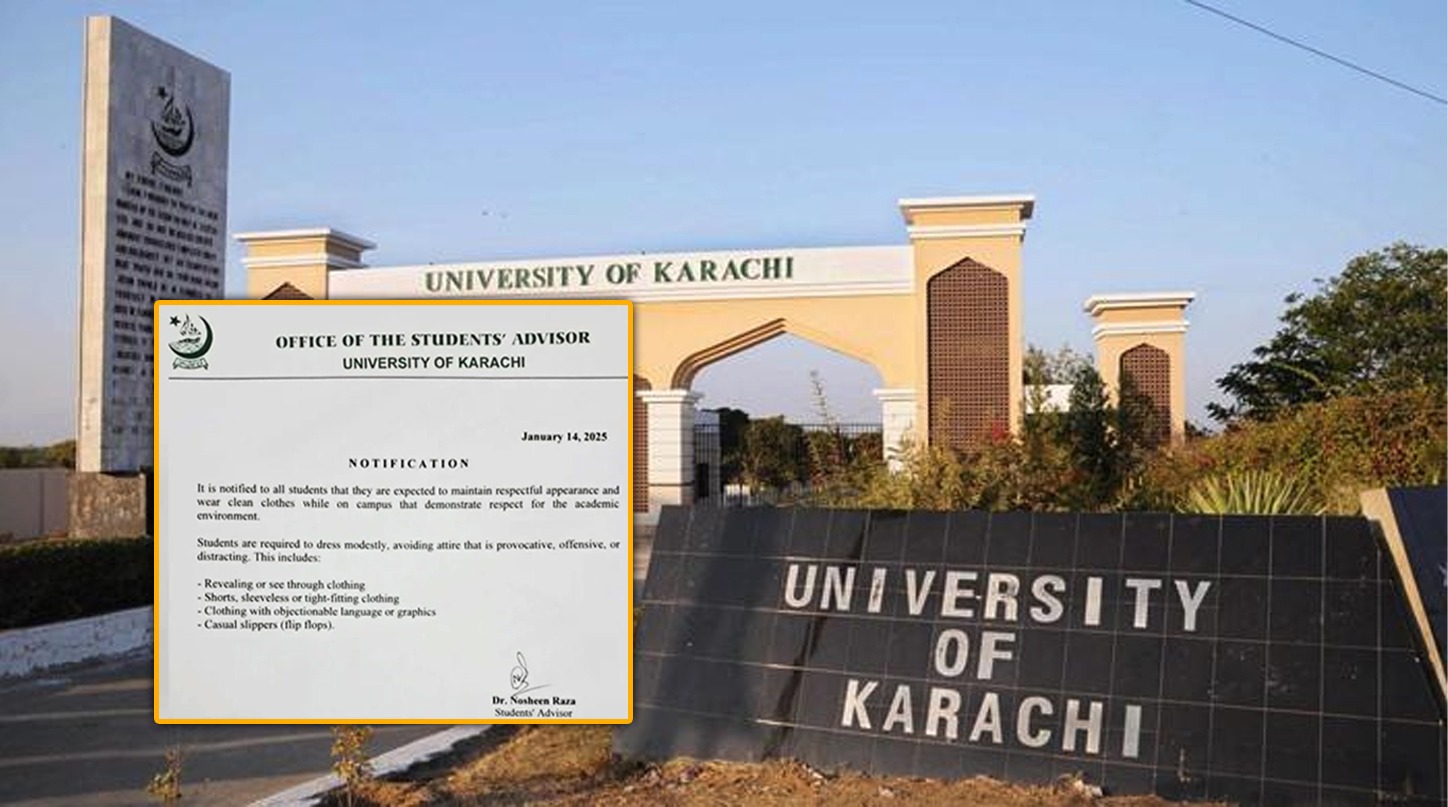
Renowned columnist and analyst Sohail Warraich observes in his latest article that, for the first time, both Pakistan’s ruling party and opposition are under the patronage of influential Punjabi women.
On one side, with Imran Khan’s imprisonment, Bushra Bibi and Aleema Khan have emerged as the most authoritative figures within PTI, holding significant sway over the party’s direction. On the other, Nawaz Sharif’s recent statements suggest a clear succession plan with Maryam Nawaz positioned as his political heir. This development hints at a political era marked by a nuanced power struggle between these Punjabi matriarchs.
Historical accounts from the Indian subcontinent reflect similar influences of powerful women in governance. The Begums of Awadh and Bhopal, for instance, are renowned for their administrative prowess and leadership. Figures in the Mughal court, such as Noor Jahan, and those in the royal harem, including Gulbadan Begum and Hamida Bano Begum, played pivotal roles. Razia Sultan and Chand Bibi are celebrated as icons of courage, while Maharaja Ranjit Singh’s last wife, Maharani Jind Kaur, wielded considerable power as a regent for her son, Raja Duleep Singh.










